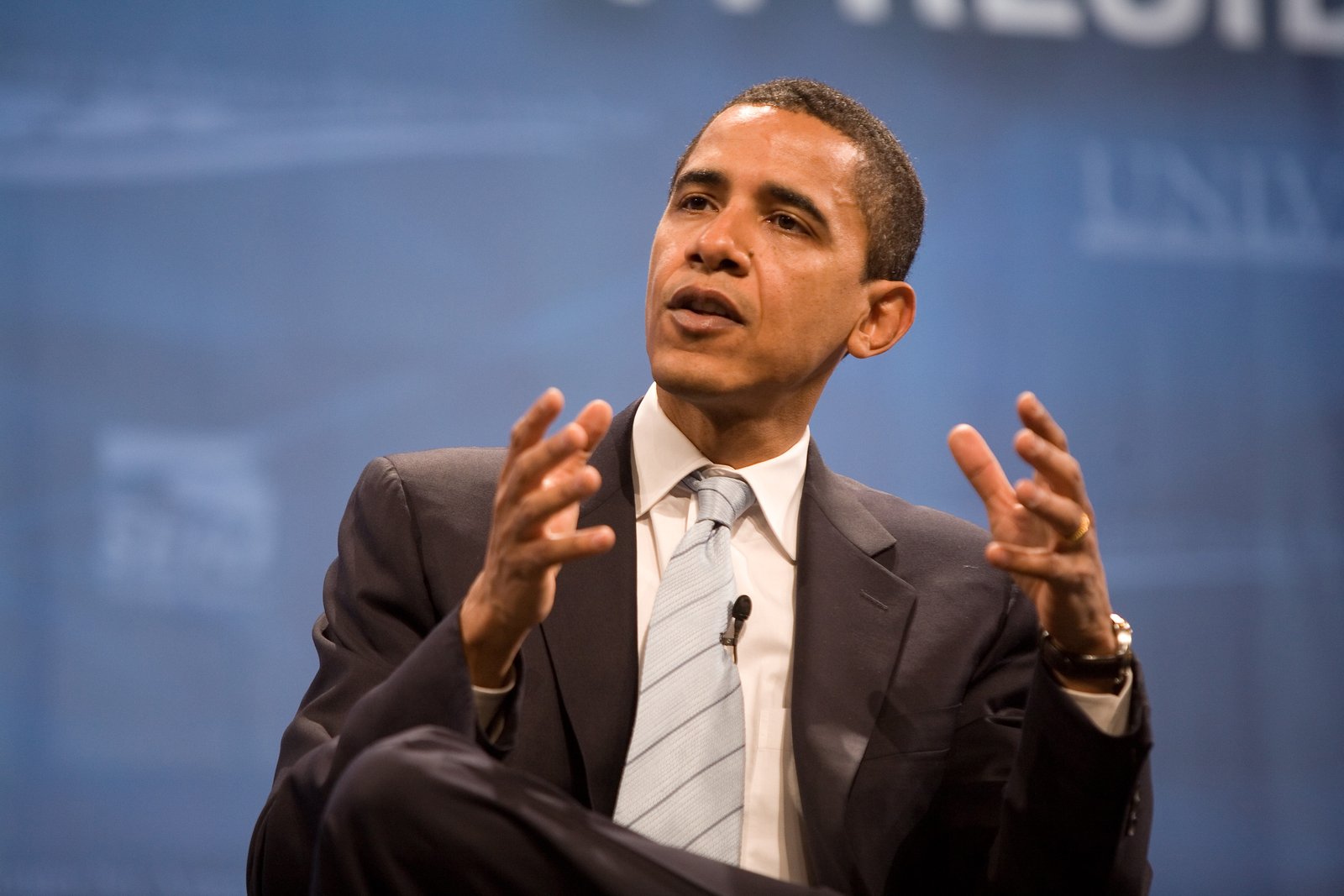Military Bases Don’t Just Defend Borders—They Quietly Rewrite Global Politics and Your Town’s Economy
Military & Defense / Date: 06-22-2025

Military Bases Don’t Just Defend Borders—They Quietly Rewrite Global Politics and Your Town’s Economy. Here's a question nobody really asks out loud: What if military bases weren’t just about defense, but control? Not just for safety, but for strategy—and, let’s be real—for money? You’ve probably heard the argument that foreign bases “protect freedom.” But let’s press pause and zoom in. What if the reality is more complicated—and less flattering?
In this post, we’ll unpack how global military bases act like invisible hands, shaping political alliances and shaking up local economies. From Okinawa’s uneasy relationship with the U.S. military to Djibouti’s bizarre role as a base buffet for superpowers, we're breaking down the gritty truths no one prints in glossy pamphlets.
The Base Myth: "They're Just There for Security" — Think Again

Let’s kill the most popular narrative first: the idea that overseas military bases exist solely to “maintain peace.” Sounds noble, right? But here’s the twist—many of these outposts aren’t just shields; they’re levers of power.
There are over 750 U.S. military bases in more than 80 countries, according to Brown University’s Cost of War Project. That is real estate on a geopolitical chessboard, not peacekeeping.
Example? The U.S. has troops in Germany not because Nazis might rise again, but because proximity to Russia and Middle Eastern regions makes for ideal surveillance and logistics. Maybe. Is that the only reason the Fifth Fleet sits there? Let’s just say oil routes might have something to do with it.
And then there’s China. Instead of plastering the planet with hundreds of bases, it’s gone for precision. One key naval hub in Djibouti lets it keep an eye on shipping lanes and American interests—at the same time.
Bottom line? These bases are less about defense and more about influence—military, economic, and ideological. Security is the selling point. Control is the product.
When Bases Come to Town: The Economic Boom... and Burn
Military bases are often sold to local populations as economic boons. In places like Fayetteville, North Carolina (next to Fort Liberty, formerly Fort Bragg), the economy thrives on defense dollars. Local bars, barber shops, real estate agents—even high schools—benefit from the military paycheck cycle.
But here’s the kicker: when a base closes or downsizes, the whole thing crashes like a game of Jenga.
Take Subic Bay in the Philippines. Once home to the largest U.S. naval base in Asia, it was a bustling hub for local employment and trade. When the U.S. pulled out in 1992, thousands lost jobs, small businesses evaporated, and local income plummeted.
Or consider Okinawa, Japan, where more than 25% of the island is still under U.S. military control. On paper, the base creates jobs. In reality? It discourages travel, inflates crime statistics, and starts demonstrations that never make headlines throughout the world. One study found over 70% of Okinawans wanted the bases gone—but guess what? They're still there. Why? Because Washington calls the shots, and Tokyo plays along. Welcome to geopolitics.
The Djibouti Case: How One Tiny Country Rented Itself to Superpowers
Let’s take a wild one—Djibouti. You probably can’t find it on a map unless you zoom in on East Africa near the Red Sea. It’s tiny. Barely the size of New Jersey. But it’s home to military bases from the U.S., China, France, Japan, and Italy—all at once.
How did that happen?
Simple: geography. Djibouti sits near the Bab el-Mandeb Strait, a choke point for global shipping. Whoever controls that, controls what moves between the Suez Canal and the Indian Ocean.
And so, the rent began.
China purchased its base for about $20 million annually. The U.S. shelled out even more. Add French and Japanese contracts, and Djibouti turned itself into a military Airbnb for global powers.
Sounds profitable, right? Sure, if you’re in the ruling elite. For ordinary citizens, not so much. Corruption soared. Civil rights? Eh. Economic inequality widened. But hey—satellite dishes got fancier.
Tactical Power Plays: What You Don’t See in the News
Here’s something most folks miss: military bases can trigger coups—or prevent them.
Look at Turkey’s Incirlik Air Base. It’s a crucial U.S. asset in NATO's eastern flank. The plotters allegedly utilized Turkish planes at Incirlik during the failed coup attempt in 2016. U.S.-Turkey ties cooled once the dust settled, and nuclear warheads were kept there? Not so comfortable all of a sudden.
Let's move on to South Korea now. Yes, American troops serve as a deterrence, but they also serve as a negotiating tool. Want peace talks with North Korea? The U.S. can dial up or down its troop presence. That’s not defense. That’s pressure.
Military bases give powerful nations options—diplomatic, strategic, and economic. They’re not just there to fight wars; they exist to avoid them through sheer presence.
Actionable Takeaways: What Can Be Done Differently?
Now, instead of blaming, let's ask: What's the solution?
1. Base Transparency Laws
Countries hosting foreign bases should demand detailed public accounting. How many troops? What missions? What are the rules of engagement? If you're footing the social cost, you deserve receipts.
2. Local Economic Compensation
If a base distorts local economies, there should be formal compensation packages—not just vague “support.” Think reparations for lost land, tax holidays for local businesses, and investment in non-military infrastructure.
3. Sunset Clauses in Base Agreements
Right now, most military base contracts are open-ended. That’s a problem. Let’s introduce sunset clauses—every 10 years, the base deal should be re-evaluated with citizen input.
4. Global Oversight Panels
Why not an oversight panel for abuses at military bases if the UN can have peacekeepers? One that allows access to testimonies from whistleblowers and has member states that rotate. Consider it a biting watchdog.
Beyond these policy ideas, it’s crucial for local communities and activists to amplify their voices and demand a say in how bases affect their lives. Too often, decisions about military presence are made behind closed doors, with little input from those living nearby. Empowering residents with knowledge and negotiation power can shift the balance away from top-down control toward more equitable outcomes. After all, these bases don’t just occupy land—they shape the daily realities of towns and cities in ways that ripple far beyond borders.
Ultimately, the presence of military bases is a reminder that global politics isn’t just about armies and alliances—it’s about people, economies, and sovereignty. Recognizing this complexity can help citizens worldwide push for reforms that prioritize transparency, accountability, and shared benefits. Only then can bases serve not just as instruments of power, but as responsible neighbors and partners in global stability.
Follow Us
Newsletter
Subscribe to our newsletter to stay updated with our latest news and offers.
We respect your privacy.Trending










